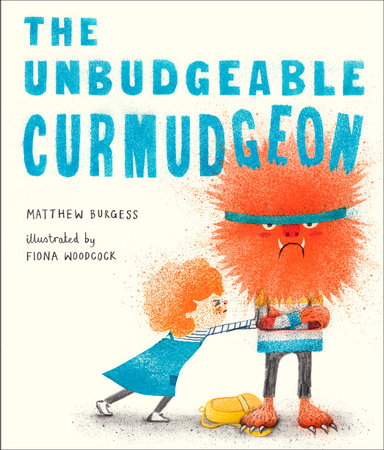Seeing with Rainbow-Colored Eyes: The Importance of Teaching Kids Poetry
by Matthew Burgess
With a class of second graders, we read a poem by Langston Hughes and talk about how the poet “pretends that freedom is a person.” Freedom is an abstract noun, but in the poem, Freedom stands up, laughs, and speaks. This is called personification. The students grasp the concept quickly, and soon we’re writing our own personification poems about love, joy, anger, peace, sadness.
As my fellow teaching-artist and I move throughout the room offering help, encouragement, or an appreciative ear, we overhear the classroom teacher correcting one of her students: “How can Joy have rainbow-colored eyes? That’s not a real eye color. Maybe try something else.”
It’s important to mention that this teacher is warm and kind. Her students clearly love her, and on multiple occasions she’s praised the poetry program. She is our collaborator and supporter.
During a break between classes, my colleague and I discuss. Technically, the teacher has done nothing wrong. Her tone wasn’t shaming or punishing; she was merely trying to be helpful. And yet the two of us are becoming increasingly animated, even riled up, because of course Joy has rainbow-colored eyes!
Sitting on a bench in Midtown Manhattan, wrapped in our worn winter coats in the not-yet-spring sunshine, we’re shouting at each other in exuberant, exasperated agreement. Cleary, this has touched a nerve in us. What we do — the reason we write and teach — is directly related to the mutual insistence that Joy can and must be allowed to have rainbow-colored eyes. This small detail feels enormously important. Why?
Our second grade students are approaching that dicey frontier between childhood and early adolescence. Increasingly, they’re being asked to tame the wildness of their imaginations, to follow more rules and guidelines, to ask fewer questions. To wonder less.
And yet, even adults who recognize the loss in this process may find themselves nudging the younger ones in this direction because, well, there’s a test to prepare for or a competitive school to get into. The rule-riddled world awaits, and we need to be able to navigate it.
To be clear, I’m not arguing that poetry should replace other forms of writing, or that we shouldn’t teach young people to write clearly, coherently, and correctly. But I’m convinced that we should be at least as nurturing of young people’s creativity and curiosity, and that these qualities are essential to the formation of meaningful and “successful” human lives.
Even if the ongoing liveliness of the imagination isn’t a strong enough appeal, there are many compelling reasons why we should guard children’s education against a premature onslaught of standardization. Many researchers make a strong case for the necessity of creativity in the contemporary workplace — and world. We need people who can think independently, who can approach questions in unexpected ways, who can engage in “possibility thinking” in order to solve complex problems.
For me, poetry is important because it provides a space for the imagination to experiment and push against “impossibilities.” When I invite young people to write, I remind them again and again that anything is possible in a poem. There are no mistakes, no errors; the page is an open field we explore. The point is to stay in the moment and play, to write freely and to see what happens.
Sometimes when we write this way, not much happens, but we’re exercising the muscle of experimentation. We’re side-stepping the spoil-sport critic who can rob us of our momentum and short-circuit our associative leaps and connections. And sometimes, we write something that genuinely surprises us.
Writing freely, we tap our own depths. We discover sources of ideas and language that are mysterious and often profound. The self becomes larger and more expansive, not limited and constrained. Poetry has a hand in this.
If it’s not clear already, when I say poetry, I mean writing that is imaginative and free of excessive constraints. Writing fueled by curiosity, wonder, and a sense of adventure. Not tight forms or the counting of syllables — that has its place, but not yet. What we need is freedom, permission to take risks, and the space to see with rainbow-colored eyes. Poetry can keep the creative flame lit, and this is a light we need to be fully human.
-
By the Author:
-
The Unbudgeable Curmudgeon
Available from:How do you cheer up a grump? With playful language and subtle rhymes, this delightful read-aloud is about a young girl determined to get her brother out of his funky mood. When nothing seems to work, she soon finds herself in a funk of her own. A fun and charming story that any family can relate to.
Also available from:

